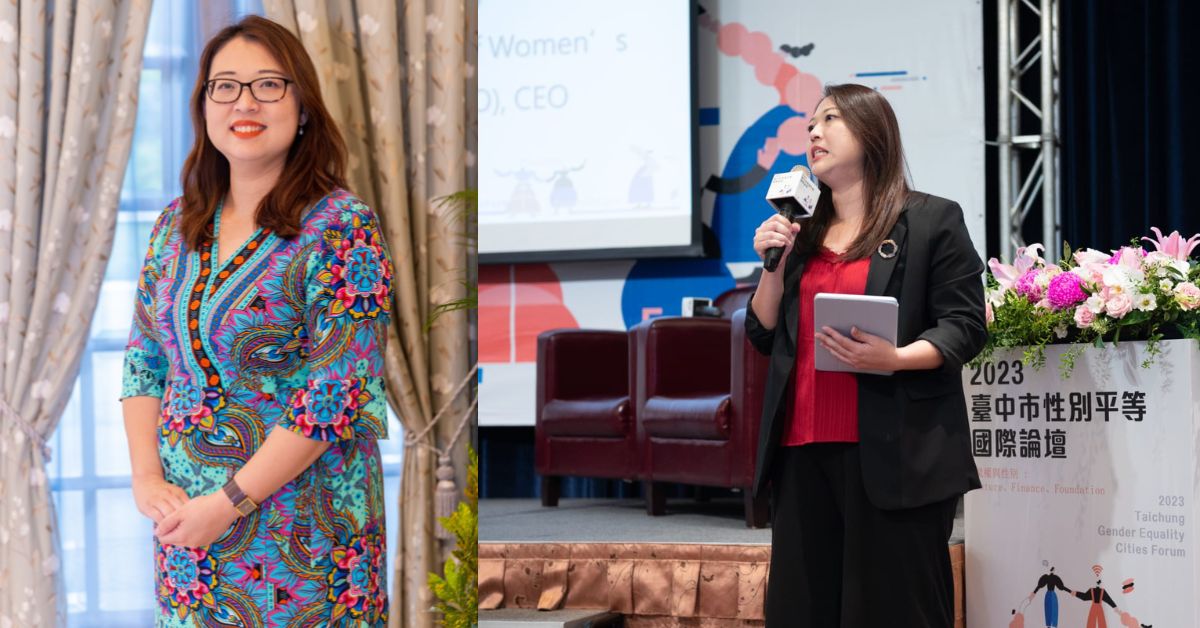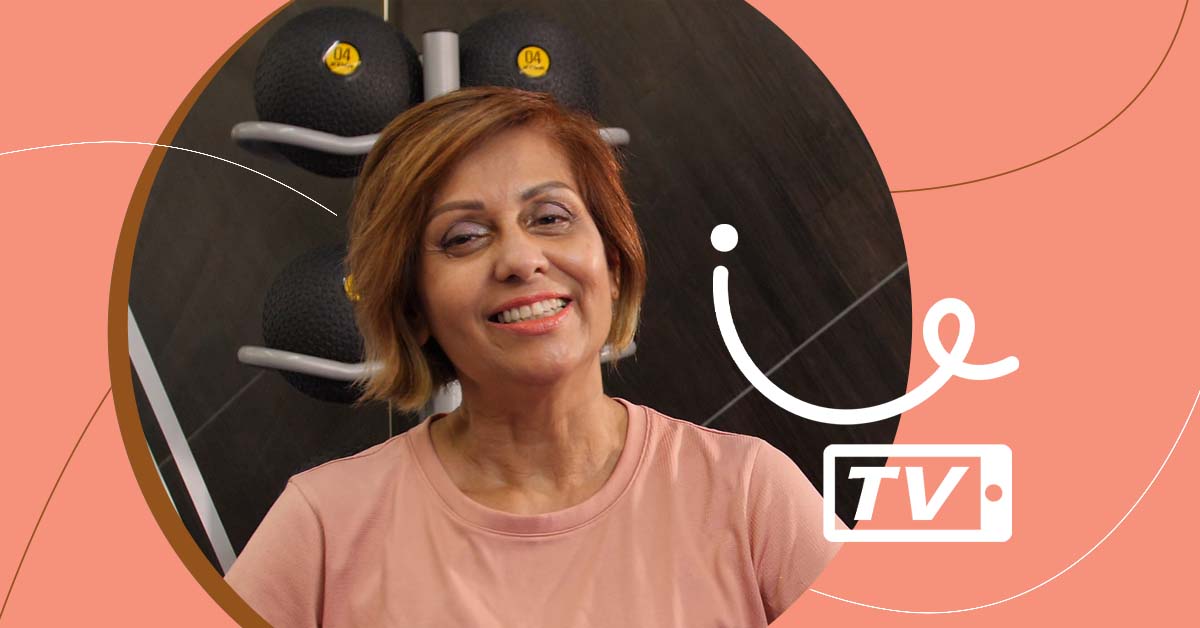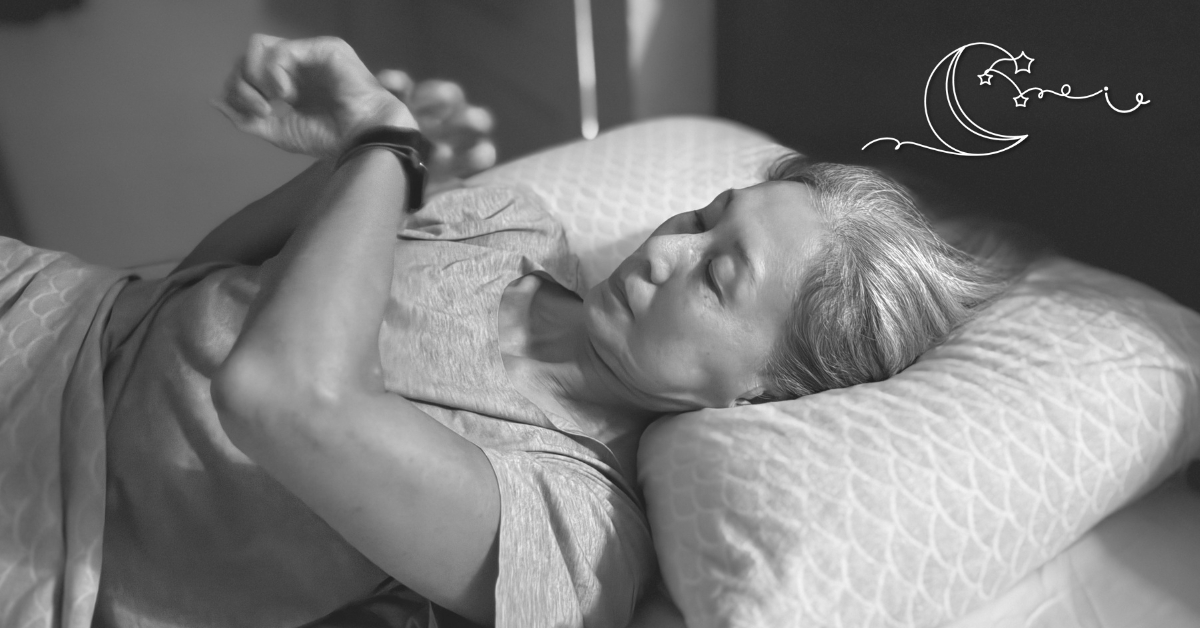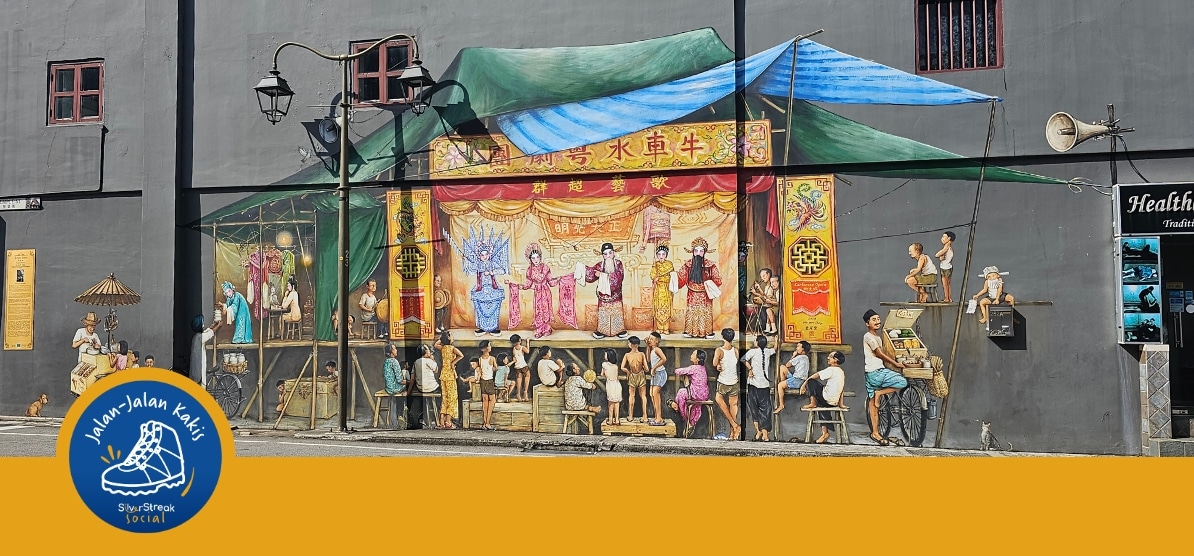
The role of caregiving in Singapore often falls on women. Women in their 50s or 60s might be at the stage in their lives when their children have flown the coop, but there are elderly parents who need to be looked after.
Caring for someone else could be a cause of stress in women’s lives and even take a toll on their mental health especially if there is little or no access to reliable support systems.
A Ministry of Manpower 2022 labour force report, noted that over 80,000 female residents were outside of the labour force due to caregiving responsibilities. Among them, 16% were singles caring for family members or relatives. Many of these women caregivers had left their jobs more than 10 years ago.
Koh Yan Ping, CEO of the Singapore Council of Women’s Organisations (SCWO), notes that traditional mindsets and gender stereotypes thrust women as primary caregivers within a household.
These entrenched notions result in an unequal burden of caregiving between men and women; women often take time out of work, or even leave the workforce, due to these responsibilities,
she says.
Advertisement
While SCWO‘s aim is to achieve “Equal Space, Equal Voice, Equal Worth” for women in Singapore, Yan Ping explains that this isn’t just something for the workplace. Equitable opportunities within the home are important, too.
Women continue to shoulder the bulk of caregiving work, despite often having equal or greater responsibilities as men. It's essential to advocate for gender equality, to address the imbalance in caregiving responsibilities,
she adds.
With Mother’s Day around the corner, it is important to consider this extra role that women caregivers take on within families – 60% of informal caregivers in Singapore are women and the majority of them are married. Women in dual-income households are five times more likely to be managing housework and caregiving responsibilities than their partners.
Caregivers are the foundational pillars of strength in our families but it can be a challenging role, especially for women who also need to balance these duties with other commitments including their job, family and housework, says Yan Ping.
Emotional costs of caregiving in Singapore
Looking after ageing parents could affect retirement planning too, as the financial costs do add up. A study by Association of Women for Action and Research (AWARE) showed that caregivers lose 63% of their income once they take on this responsibility.
In addition to financial costs, caregiving often includes bearing significant emotional costs, leading to feeling stressed, angry or guilty – these prolonged stressors can also lead to caregiving burnout.
“In many situations, these caregivers are seniors themselves, having to aid their older and sometimes disabled parents,” says Yan Ping. “This often leads them to bear significant emotional and financial costs from it, leaving minimal breathing space and financial savings for themselves.”
She encourages women caregivers to recognise the signs and symptoms of stress and burnout, and practice self-care for their physical and mental health. In addition to sharing the caregiving duties with family members, they should also reach out to community agencies like Agency for Integrated Care for additional support and resources.
Men – siblings, spouses, other relatives – can also do their part to ease this burden so that women can achieve a better work-life balance. They can show they are allies in ensuring equal opportunities for women to thrive by sharing in tasks such as caregiving or domestic chores. Also important is a shift in mindset, and this can start by championing this change among other men within their social circles.
On a larger level, women can also advocate for paternity leave and flexible work arrangements, to alleviate the disproportionate responsibilities women face in caregiving,
Yan Ping shares.
A more inclusive society for women caregivers

Yan Ping advises women caregivers facing the challenge of taking up responsibilities for both children and seniors in the family not to hesitate to reach out for help – “You are never alone in this and there are many outlets to aid and support you with your caregiver needs”.
As time management is extremely important when juggling various responsibilities, try to negotiate flexible work arrangements in terms of workload, time and location. Additionally, reach out to other family members and friends who are able to share the responsibilities with you, even if it is just for a day.
As an advocate for women in Singapore for over a decade, Yan Ping has witnessed progress in the employment rate and an increase in the number of women in leadership positions. With women living longer and having higher literacy levels, it’s no surprise that women want to age meaningfully while also being financially independent and actively engaged.
However, given this shift, we need to build a more inclusive society for women and seniors,
says Yan Ping.
In addition to policy measures to better supplement retirement adequacy, workplace fairness legislation also becomes important in ensuring mature workers are not discriminated against when returning to work,
she adds.
While Mother’s Day rolls around once a year, the role of caregiver is year-long. So, instead of an occasional gesture, make it an ongoing involvement by sharing in the caregiving role. That would be a great gift of sharing and caring.






